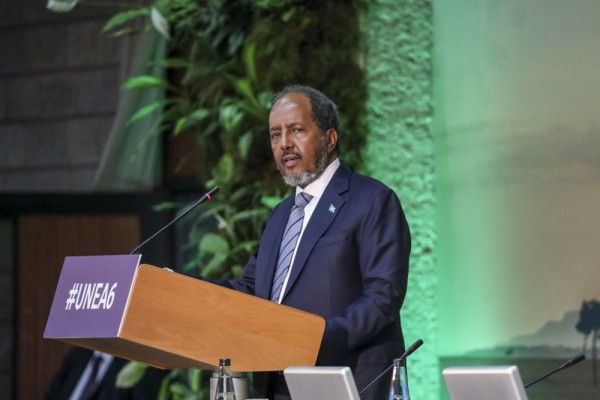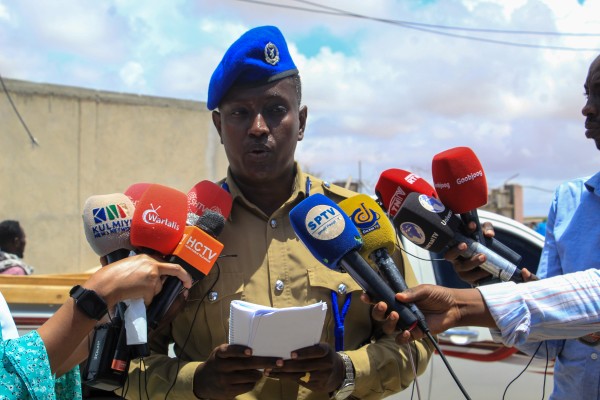The International Press Institute (IPI) today called on the Somali government to investigate the death of award-winning radio journalist Yusuf Ahmed Abukar, who was killed by a car bomb on Saturday.
The 27-year-old reporter was driving through Mogadishu when a bomb planted underneath the front seat of his car exploded at 7:40 a.m., according to local reports.
Abukar worked for Mustaqbal radio station in Mogadishu and Radio Ergo in Nairobi, Kenya and was well known for his work about Islamist military group al-Shabab and his criticisms of the Somali government. He also won the U.N.-sponsored Somali Media Awards in 2013.
No group has taken responsibility for the attack, but police say the bomb was remotely detonated while the journalist was on his way to work.
“For the past decade, Somalia has been one of the deadliest countries for journalists, and the number of journalists killed, most of them in targeted attacks, has spiked in recent years,” IPI Press Freedom Manager Barbara Trionfi said. “The violence against journalists heavily affects the profession and authorities’ failure to properly investigate attacks generates the perception that a murder or an attack is the easiest way to silence journalists.”
She added: “We express our sincere condolences to the family, friends and colleagues of Mr. Abukar.”
Abukar is the first journalist to be killed in Somalia this year. According to IPI’s Death Watch, 52 journalists were killed in Somalia between 2004 and 2013, making it the fifth most dangerous country in the world for journalists during that period.
Annisa Omar, a British Somali, weighed in on how this level of violence affects journalism in a blog post on Somalia’s new draft media law that was featured on IPI’s website in March.
“There is a strong and vibrant media sector in Somalia with an avid audience of news consumers,” she said. “Somalia is arguably one of the most media literate of African states. However, this success has been threatened by the perpetual killing of its journalists.”
Omar Faruk Osman, secretary general of the Eastern African Journalists Association, told IPI in an August 2013 interview that the draft media law was created with hidden intentions to suppress media.
He said that the minister of Information did not consult journalists on the law, which would require journalists to reveal their sources and prohibit them from publishing articles against Islam or Somali traditions, and prepared the law in secret. In response, journalists signed petitions against the law and urged the Ministry to create a law more in line with international standards.
The draft media law is not the only bar to press freedom for Somalia. In December 2013 and continuing through February 2014, the government of Somaliland, a self-ruling region of Somalia, closed multiple television stations for reporting anti-government criticisms.
Information Minister of Somaliland Abdullahi Mohamed Dahir suspended Universal TV two months after government authorities had closed down Kalsan TV.
Osman told IPI: “We need the international community to demand the [Somaliland] Ministry of Information to respect and protect freedom of expression, stop undermining the independent voices of the media and respect the constitution of Somalia as far as freedom of expression is concerned. This includes desisting [from] discreet attempts to belittle the independent media by the Minister of Information and his officials.”


